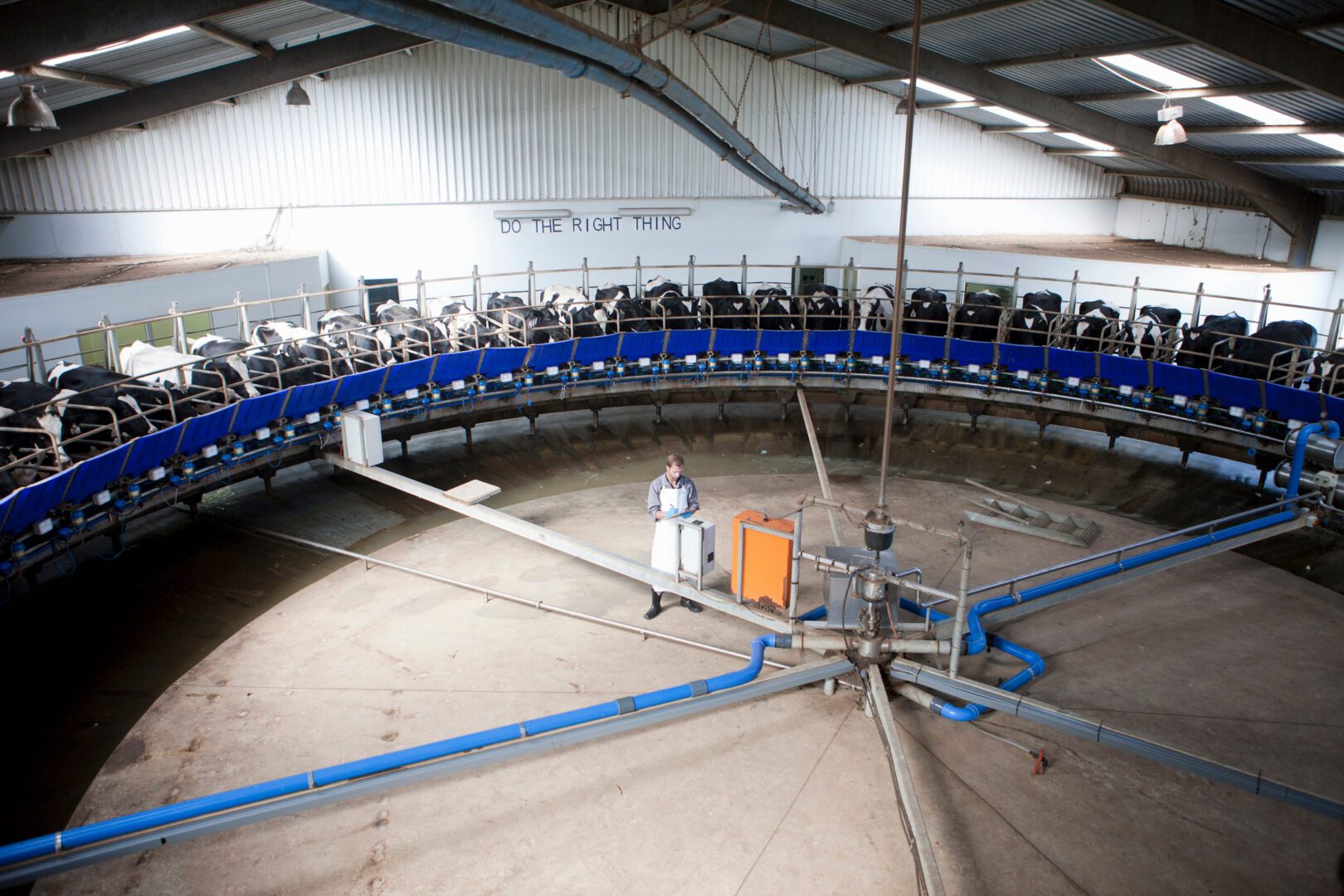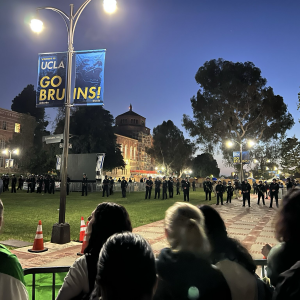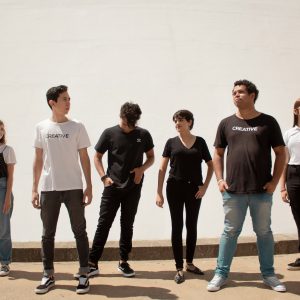 View Winners →
View Winners → 
The Los Angeles Unified School District has settled a lawsuit brought by a 2023 high school graduate who sued the school system over the then-student’s free speech right to criticize dairy products on campus, according to court papers obtained Friday.
The legal settlement has been called the first of its kind.
The lawsuit filed in LA federal court in May on behalf of then-student Marielle Williamson accused LAUSD and the U.S. Department of Agriculture of violating the teenager’s free speech rights after she was told by Eagle Rock High School officials she could not share literature explaining that the dairy industry harms human health, animals, and the environment.
The settlement acknowledges students’ right to criticize dairy in school, according to the Physicians Committee for Responsible Medicine, a nonprofit medical ethics and public health advocacy organization that filed the suit on behalf of Williamson.
Details of the agreement — announced in a court filing last month — were not released.
LAUSD said in a statement Friday that “Los Angeles Unified takes pride in empowering students to amplify their voice on issues they find important. Our Food Services Program follows USDA guidelines and we continue to support our students with nutritious meals and healthy alternatives for those who have specific dietary requests and requirements.”
Williamson, at the time a 17-year-old senior at Eagle Rock High School, said she was told by her school that she could not share information about plant-based milk or be critical of the dairy industry in the school cafeteria unless she provided pro-dairy content.
Williamson said of the settlement: “I am very grateful we were able to reach an agreement with LAUSD that enshrines the free speech rights that led to challenging school policies. The changes ensure that other students who want to speak openly about dairy have the ability to do so. I’m also excited that these permanent changes will create an improved system that focuses on what is better for both student health and student voices.”
The USDA remains a defendant in the suit although that may change, according to court filings.
The Physicians Committee contends that dairy products are the leading source of saturated, or “bad” fat, a major contributor to greenhouse gas emissions and the cause of health problems ranging from gastrointestinal disturbances to prostate and breast cancer.
“Dairy products are bad for health, the environment, and animals, and now students are free to say so loudly and clearly,” Deborah Press, associate general counsel at the Physicians Committee, said in a statement. “This is a huge win for free speech advocates and for critics of dairy in schools who, until today, had been silenced by the threat of censure if there was a perceived criticism of dairy products.”
The Physicians Committee said it was working with LAUSD to offer nondairy milk to students seeking alternatives.
“As a result of our settlement, LAUSD has issued new guidance to parents on how to obtain soy milk in the lunch line and a memorandum to school principals and food service personnel stressing a student’s right to criticize dairy,” Press said.
A federal law says that any school participating in USDA’s school lunch program “shall not directly or indirectly restrict the sale or marketing of fluid milk products by the school (or by a person approved by the school) at any time or any place.”
The USDA interprets that statutory language to mean that cafeteria displays, printed material, and layout may not promote beverages other than dairy milk in a way that may detract from dairy milk sales. Even water may not be offered on the lunch line in a way that might interfere with a student taking milk, according to the Physicians Committee.
By law, “fluid milk,” or cow’s milk, must be offered at every school lunch and breakfast served under the National School Lunch Program and the School Breakfast Program, the committee said.
In the lawsuit, the Physicians Committee alleged that the school district unconstitutionally discriminated on the basis of viewpoint by prohibiting Williamson from distributing information highlighting dairy’s negative impacts, while school-sanctioned dairy promotions — such as “Got Milk?” ads in the morning announcements — permeate the school.








































































































